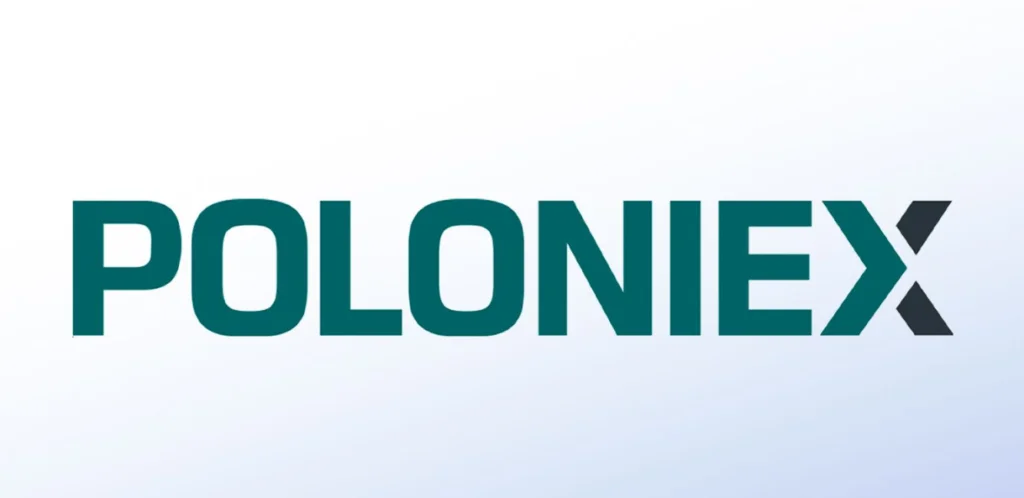Following a $100M hack on Nov. 10, Poloniex cryptocurrency exchange is preparing to resume operations.

Poloniex, a cryptocurrency exchange founded by Justin Sun, is preparing to recommence operations after a significant breach in mid-November. The company officially disclosed this information in an announcement published on November 15.
The platform’s restoration efforts following the $100 million breach are “virtually complete,” according to the company’s statement.
“The platform is currently operating without any issues,” Poloniex stated in its latest update regarding reinstating withdrawal and deposit services. In addition to preparing to resume withdrawals shortly, the exchange has engaged the services of a “premier security auditing firm” to bolster the protection of funds on Poloniex, the firm said.
“Currently, they are in the final stages of the security audit and verification processes for Poloniex. Upon completion of the audit, we will promptly resume deposit and withdrawal services on our platform.”
The company further stated that the “evaluation process” will likely continue for several additional days.
The Poloniex exchange experienced a significant security lapse on November 10, during which assailants pilfered a minimum of $100 million worth of cryptocurrency.
After identifying the dubious disbursements, the Poloniex team promptly turned off the wallet. “Private key compromise” is the most probable explanation for the incident, per the blockchain security firm CertiK.
Sun, the 2019 acquisition of the exchange by Poloniex, took to X (previously Twitter) shortly after Poloniex turned off the wallet to announce that the hacking incident was already under investigation.
In addition to pledging to reimburse the users impacted by the breach in full, Sun stated that Poloniex “maintains a healthy financial position” and is exploring the possibility of working together with other exchanges to recover the diminished funds.
Poloniex consented to pay a $7.6 million settlement earlier this year in response to a request from the Office of Foreign Asset Control of the United States Treasury Department. The settlement pertained to over 65,000 apparent violations of multiple sanctions programs.
